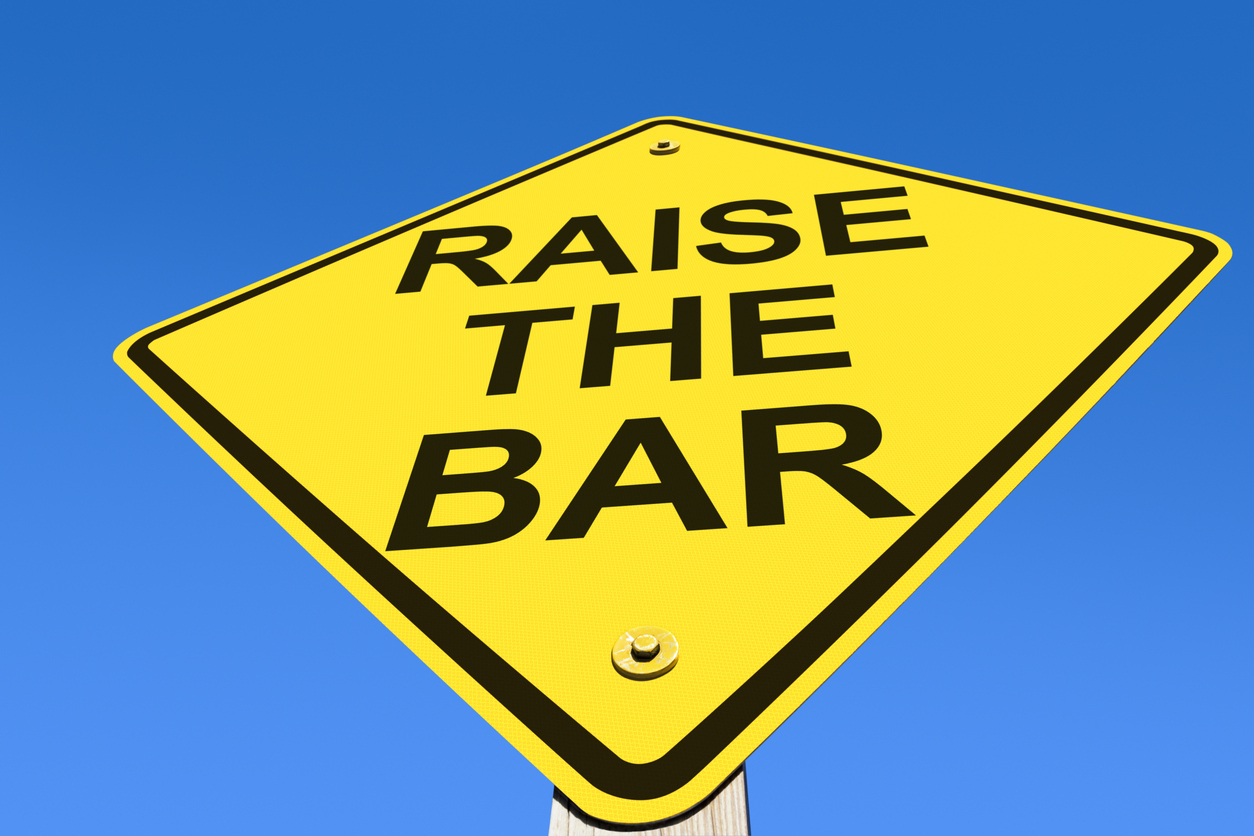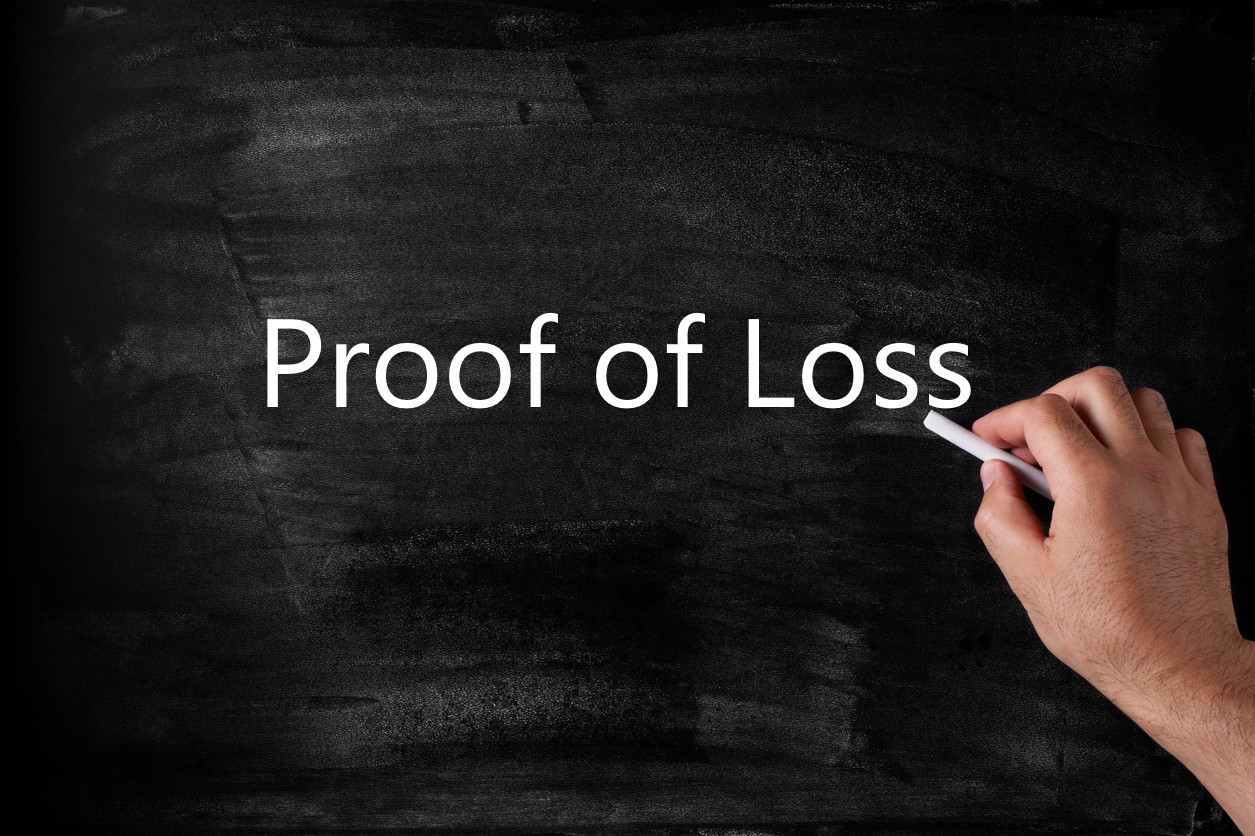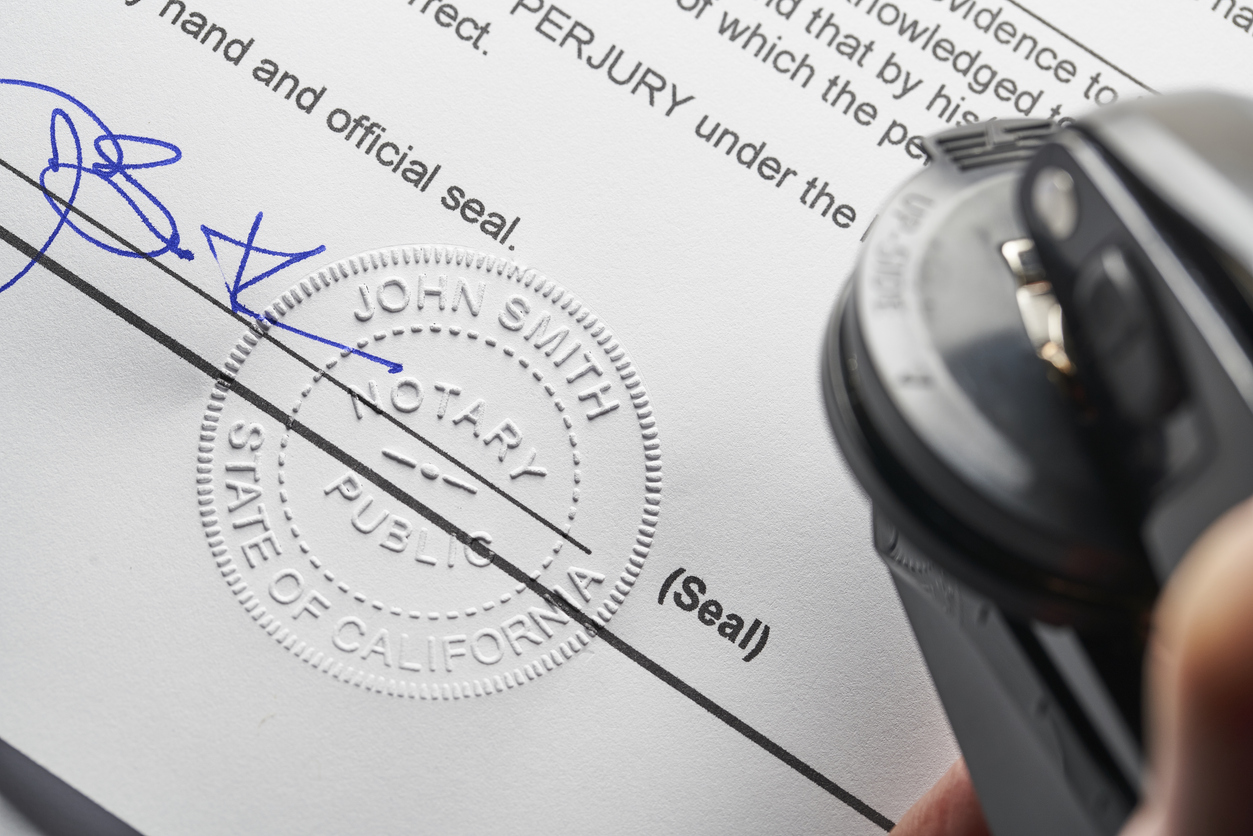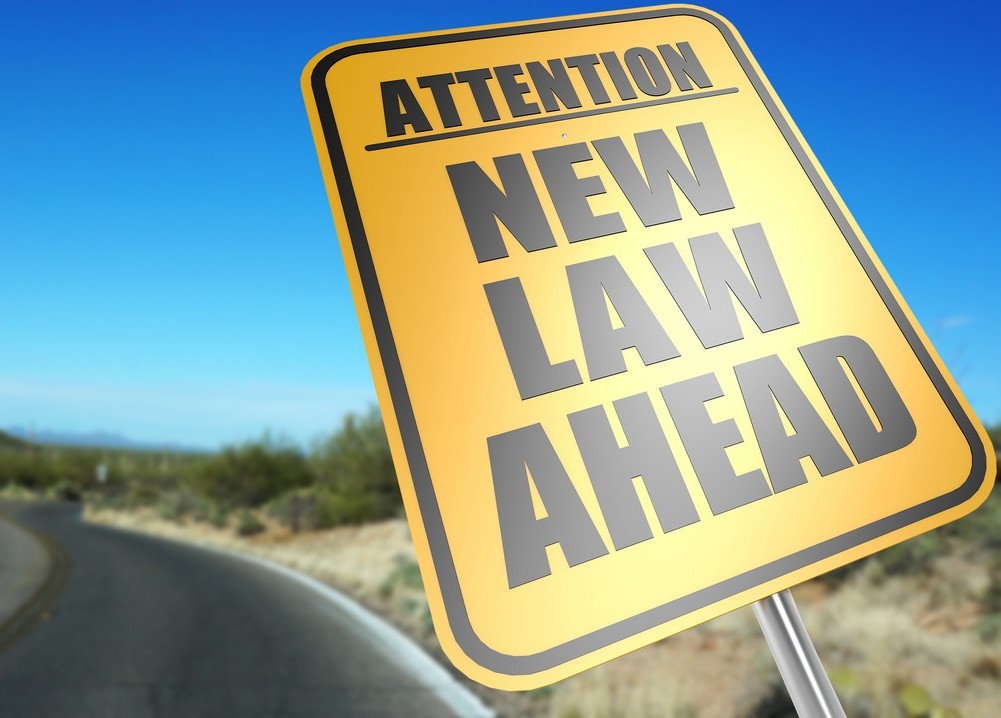At recent industry gatherings, one being the NAPIA annual meeting last week and the other hosted by the IAUA yesterday, I found myself in thought-provoking discussions with seasoned public adjusters, independent adjusters, and restoration contractors. A topic that kept resurfacing was the ease with which one can become a licensed public adjuster. It’s a concern that’s been simmering beneath the surface for years, and it’s time to confront it head-on. Steve Badger suggested in my debate with him yesterday that it is the number one issue addressing public adjusting, and his point was probably missed.
The reality is that it is far too easy to become a public adjuster in almost all states. For a profession that plays such a critical role in protecting policyholder rights, the barriers to entry are surprisingly low. It requires a few days or even hours of coursework, a test, and, in some jurisdictions, not even that. Then, with a license in hand, an individual can immediately market themselves online as an advocate, a claims expert, and a professional without any real-world experience or mentorship.
This is not just a theoretical problem. The landscape is shifting. An increasing number of independent catastrophe adjusters, many displaced or disillusioned by declining insurance company pay, are now pivoting into public adjusting. While some bring valuable field experience, others lack the fundamental understanding of policyholder advocacy and ethical representation. Without stricter standards, this influx could dilute the quality and reputation of our field.
And yet, what baffles me is the silence from public adjuster leadership. Where are the voices from national and regional public adjusting associations calling for reform and raising the standards? Are we so focused on protecting open membership that we’ve forgotten what it means to build a profession with dignity and trust? Do leaders really believe that letting just anyone join enhances their status as professionals?
I’ve written about this before, and the message remains the same. If we want public adjusters to be seen and respected as professionals, the profession and its leaders must act like one. That means setting the bar higher for those who enter the ranks.
As I often tell all adjusters during my presentation on ethics, “Would You Hire You?” the role of a property insurance adjuster is not a simple and easy one. It is complex, requiring deep knowledge across multiple domains that span from insurance policy interpretation and estimating, to construction, law, negotiation, and beyond.
I have been raising this issue for several years, and as I said in Public Adjusters Need To Raise The Bar For Admission If They Want To Be Seen As Professionals:
Public adjusters assume a significant role when they choose to represent policyholders. This profession demands a high level of expertise and knowledge due to its multifaceted nature. In my presentation on ethics to public adjusters titled ‘Would You Hire You?’ I emphasize the necessity of mastering over a dozen specialized fields. This breadth of knowledge is crucial for public adjusters to truly excel in their work. The essence of a genuine profession lies in its exclusivity and standards; it’s not a field that should be accessible to individuals lacking the requisite education and experience.
By adhering to elevated standards, public adjusters not only safeguard the interests of the public and policyholders but also secure their own professional livelihood. The integrity and quality of work in public adjusting are directly proportional to the respect and trust it garners from related industries. A high caliber of practice within this field creates a robust defense against potential criticisms and challenges from the insurance sector and legal professionals.
It’s time for the public adjuster profession to have a hard conversation. Do you want to be seen as experts who hold yourselves to a higher standard or as opportunists willing to let anyone join for the sake of numbers? If you continue to ignore the call for reform, you may find those reforms imposed upon you from the outside, and they won’t be on your terms. Badger suggested in our debate yesterday that the insurance industry could support public adjusting being outlawed because anybody with virtually no experience adjusting claims can pass the test and then advertise to be a claims expert based on current standards for admission.
Is anybody listening to him? Does anybody disagree with Badger on this point? I am impressed with the current NAPIA President and Board, who I believe will heed this message. However, time is running short on this issue because the floodgates are open, and there are public adjusters with zero experience and no qualifications flooding the market.
If we genuinely care about the future of public adjusting, I suggest that public adjusters must raise the bar before someone asks if public adjusting should be outlawed and passes laws for the same. Policyholders deserve better.
Thought For The Day
“A profession that doesn’t police its own will eventually be policed by others.”
— Judge Learned Hand




